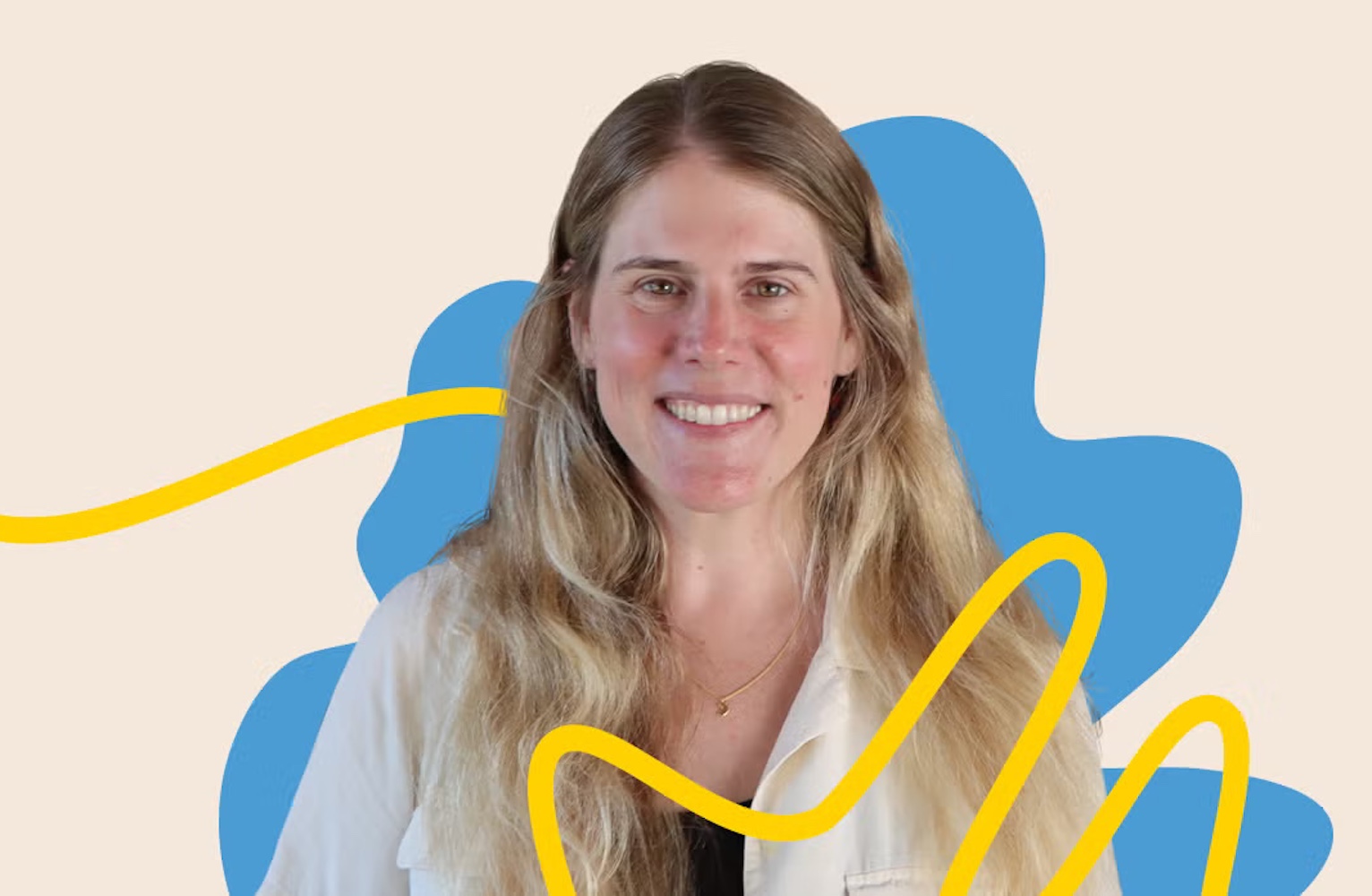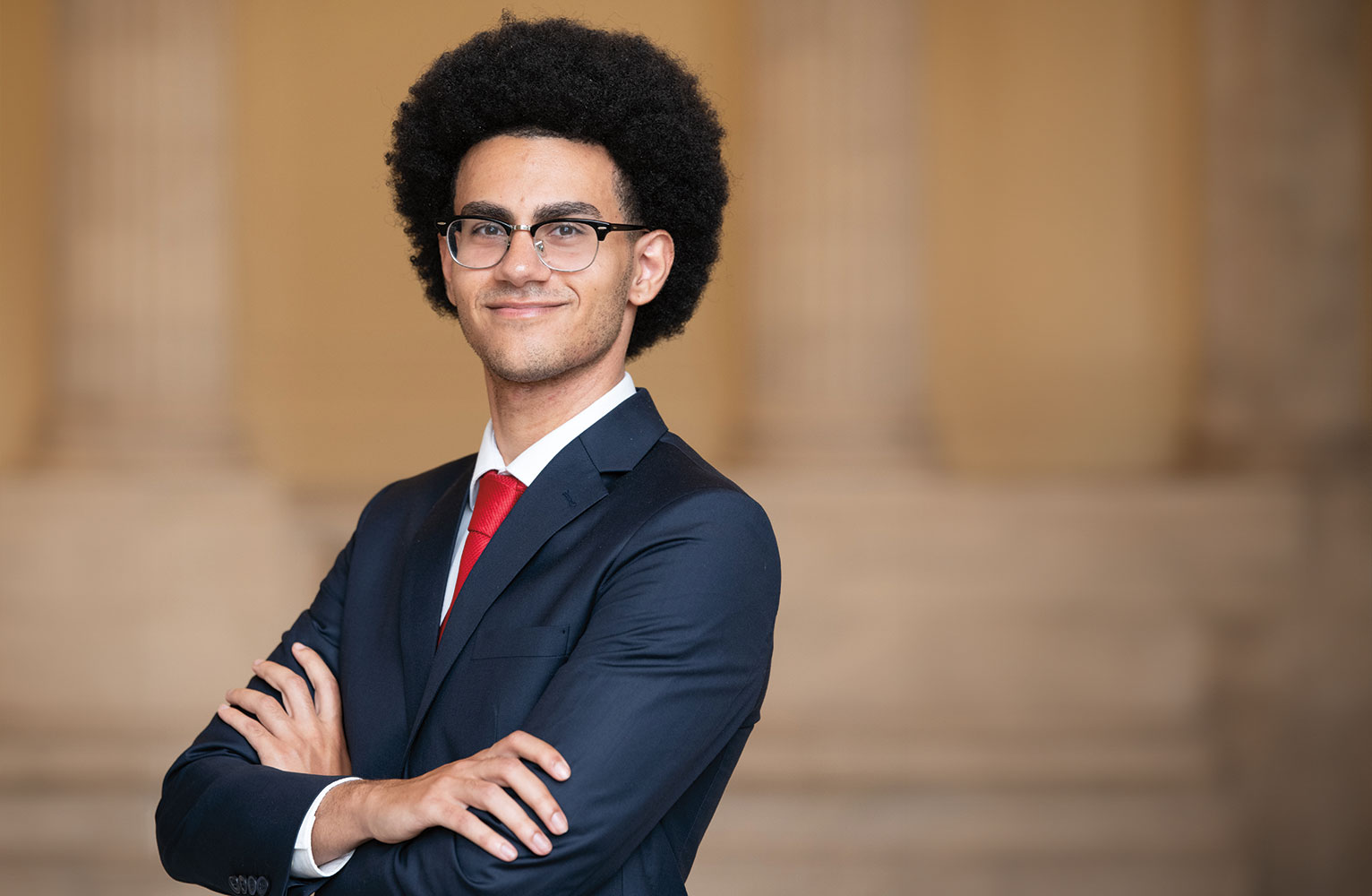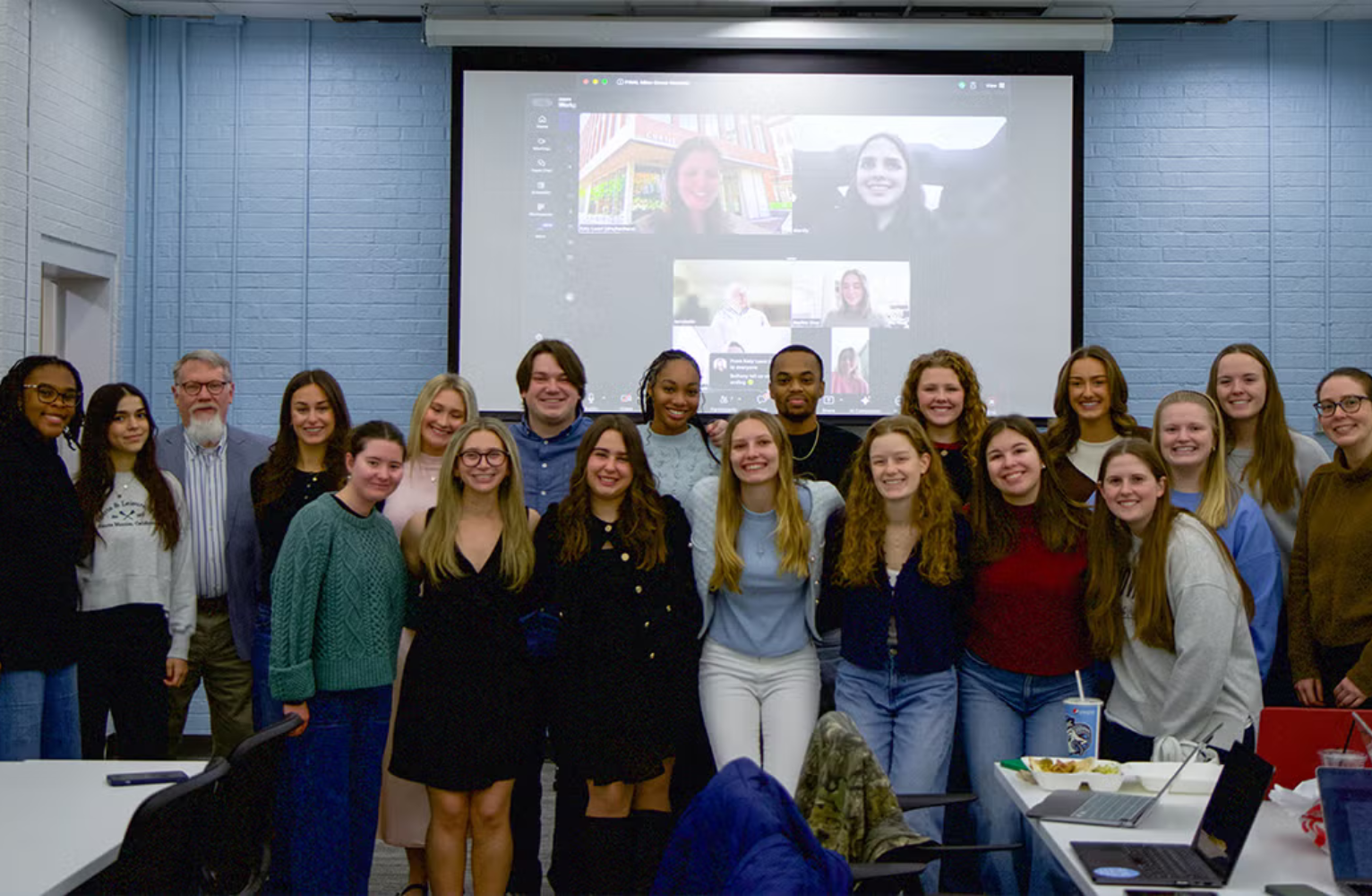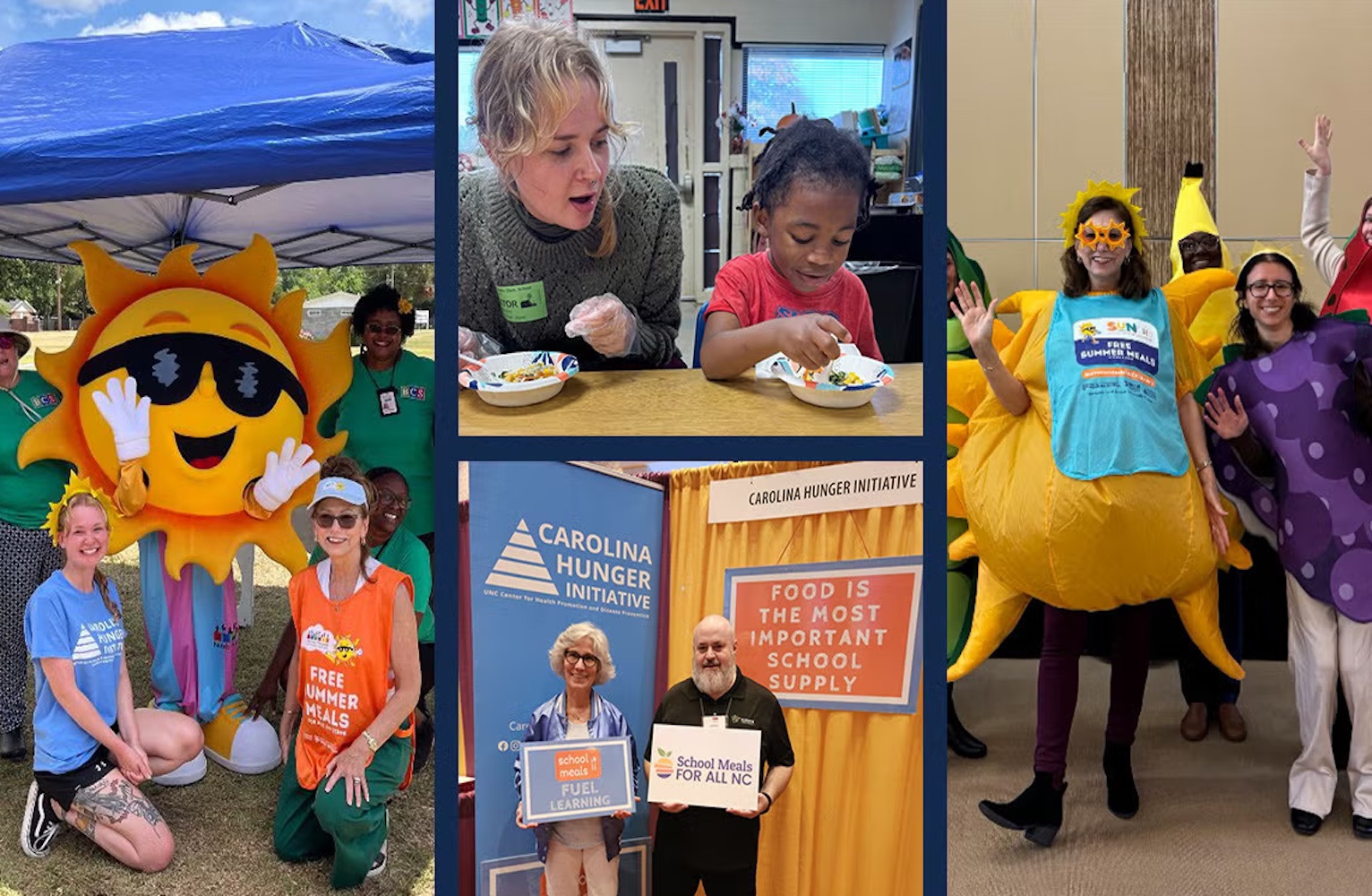
Ph.D. student and Kenan Galapagos Fellow Sarah McGlothlin establishes a pilot project on maternal health in Galápagos Islands.
The first book report Sarah McGlothlin ever wrote was about Charles Darwin. He’s the biologist who developed a theory of natural selection, partially based on his observations in the Galápagos Islands.
This summer, McGlothlin visited San Cristóbal in the Galápagos Islands as a researcher herself.
In June 2024, McGlothlin received an inaugural Kenan Galapagos Fellowship through the UNC Center for Galapagos Studies, funded by the William R. Kenan Jr. Charitable Trust.
She spent the 2024-25 academic year juggling the responsibilities of raising a young child, settling into her second year as a doctoral student at the UNC School of Social Work, and preparing for her pilot project focused on maternal health in the Galápagos Islands.
McGlothlin soon built connections with individuals in San Cristóbal. She enlisted the help of research associates Marianella Becerra and Andrea Mayorga to better understand the unique challenges faced in the Galápagos Islands, from water quality to nutritional deficits and the challenges of travel.
McGlothlin spent her days combing through data — with the help of Becerra and Mayorga — running simulations for a workshop at Hospital General Oskar Jandl and working on her project about improving connections to postpartum resources in San Cristóbal.
In July, McGlothlin’s was one of a handful of projects on display at the 2025 Galápagos Research and Conservation Symposium, hosted by the Galapagos Science Center and the Galápagos National Park.
“I felt so incredibly proud and inspired to see Sarah’s dedication to the goals of this project and her community partners,” said Paul Lanier, professor in the UNC School of Social Work. “It was also very rewarding to see one of our doctoral students successfully apply participatory research methods learned in the classroom into a real-world study in a completely new setting.”
McGlothlin’s research follows new mothers from the moment discharge planning begins in the hospital to their first days at home — and explores how San Cristóbal’s inter-island geography complicates that journey. The team identified immediate needs — medical follow-up, mental health support, basic supplies — as well as complications like boat and plane schedules
“Follow-up care often depends on navigating a complex set of travel and access challenges,” McGlothlin said. “What families want in those early days is steady support and time to bond with their baby. Instead, many are tasked with arranging boat tickets, finding a place to sleep, and figuring out how to return for follow-up care — all while healing from birth. These overlapping demands add real pressure during a time that should be grounded in rest, connection and reliable support.”
McGlothlin emphasized how the team’s research is shaped by the lived experiences and relational knowledge of mothers, healthcare workers and community partners. When they all came together to map out what mattered most to them, emotional and mental health support topped the list.
“Rather than introducing a top-down or pre-designed intervention, we’ve worked alongside families to imagine a referral prototype that meets these challenges in ways that feel practical, rooted, and responsive to their lives,” McGlothlin said. “We’re learning from the barriers, but our focus is on the solutions.”
Story originally published by Chris Hilburn-Trenkle, UNC School of Social Work.
Related Stories




